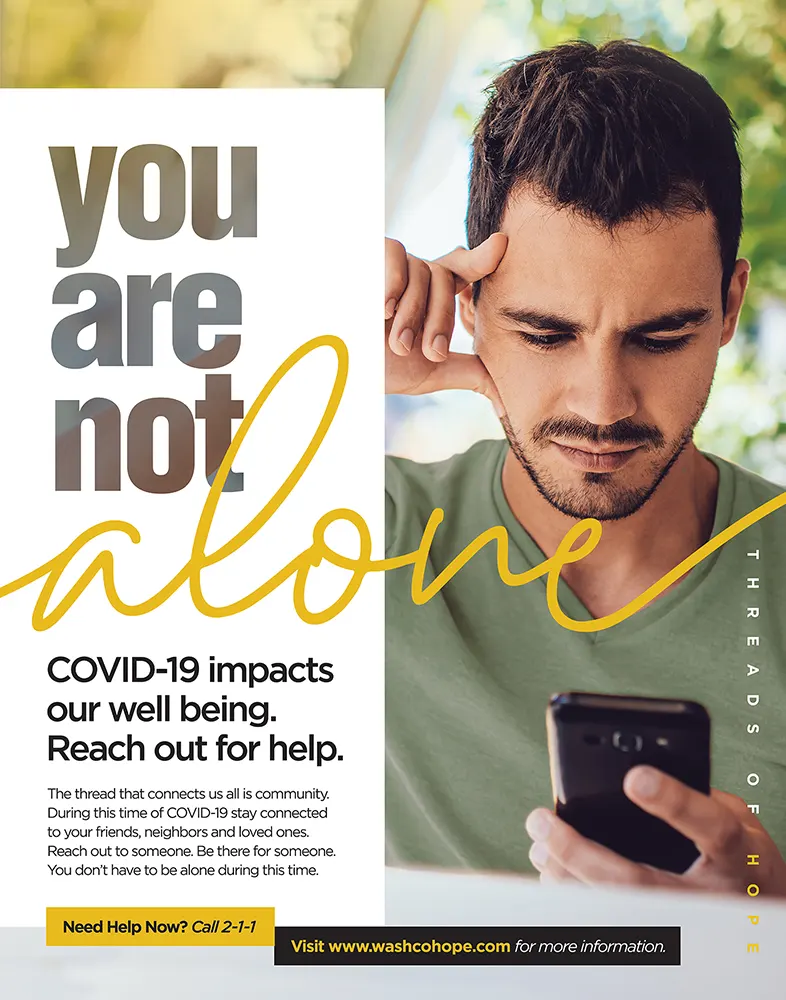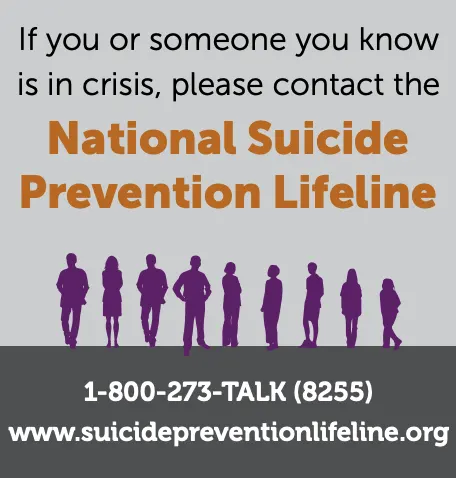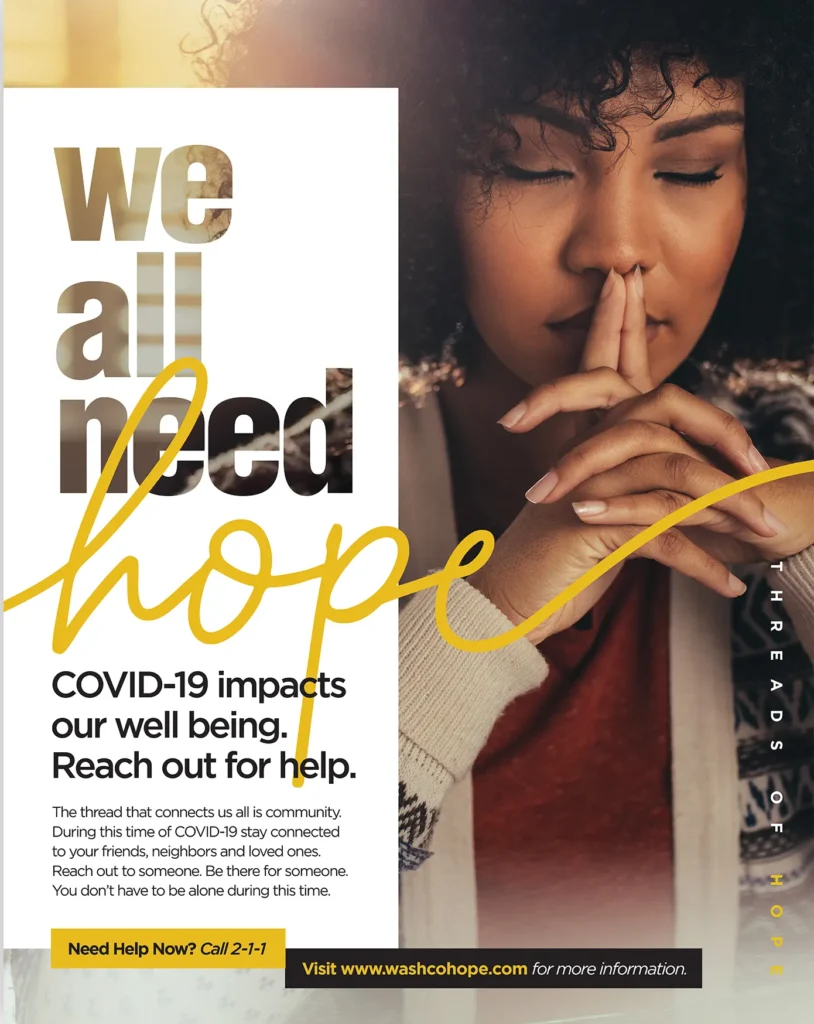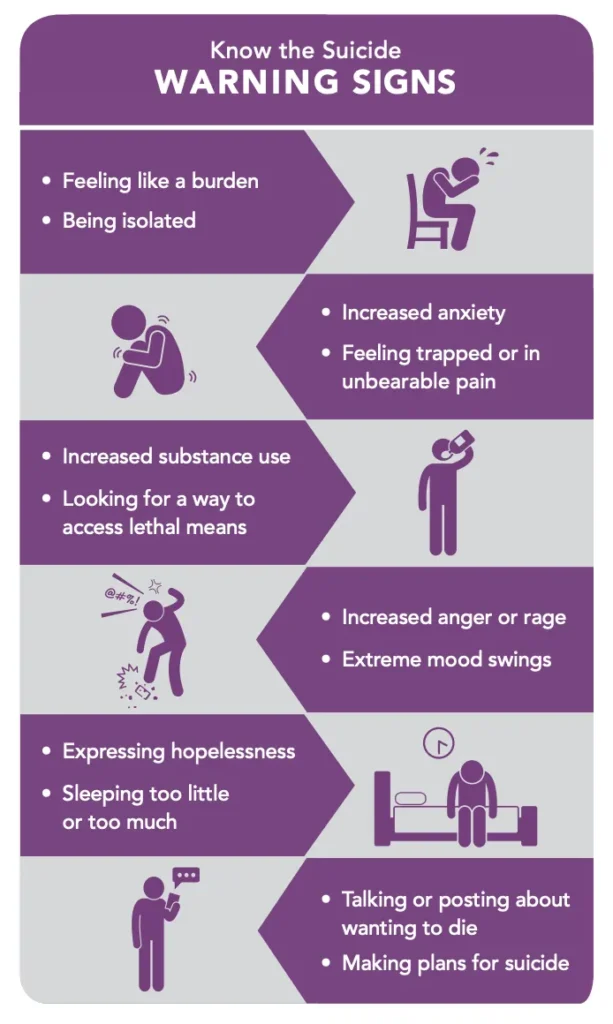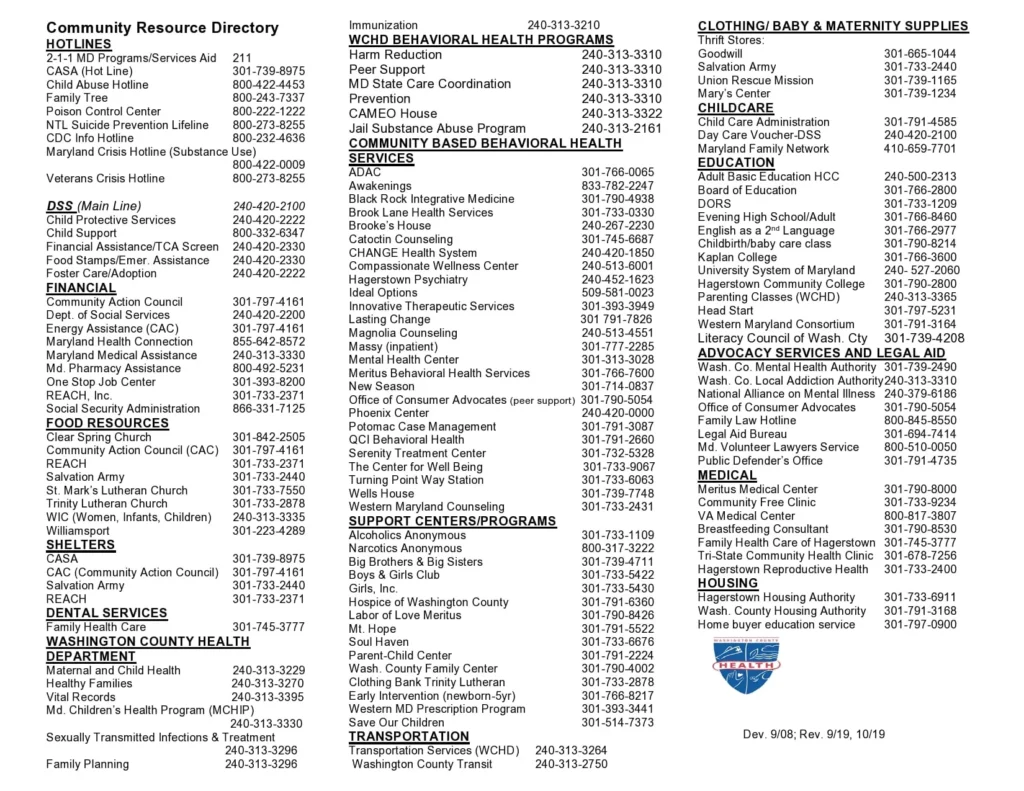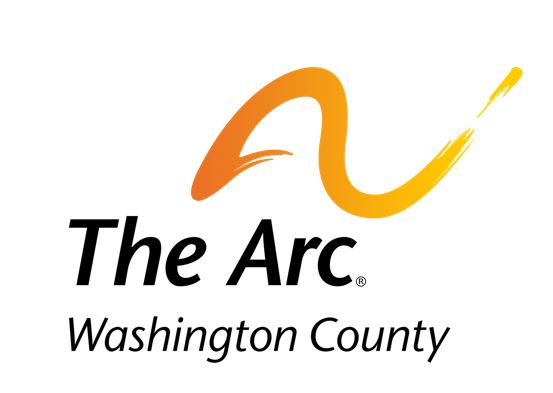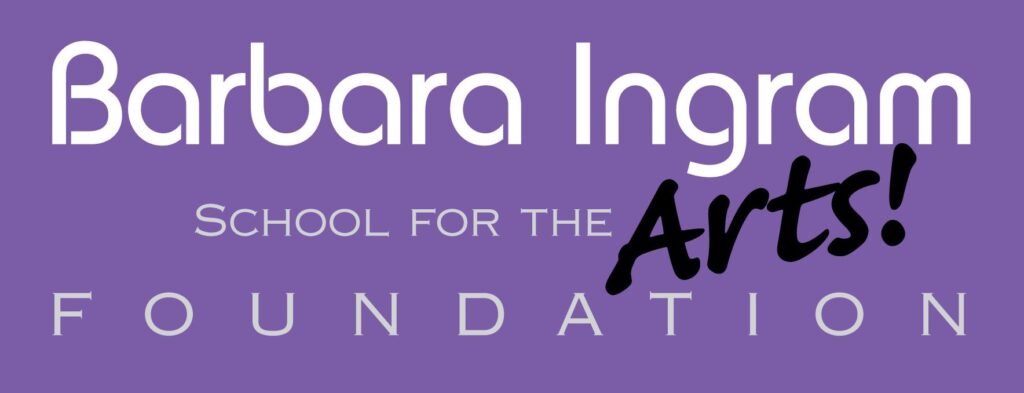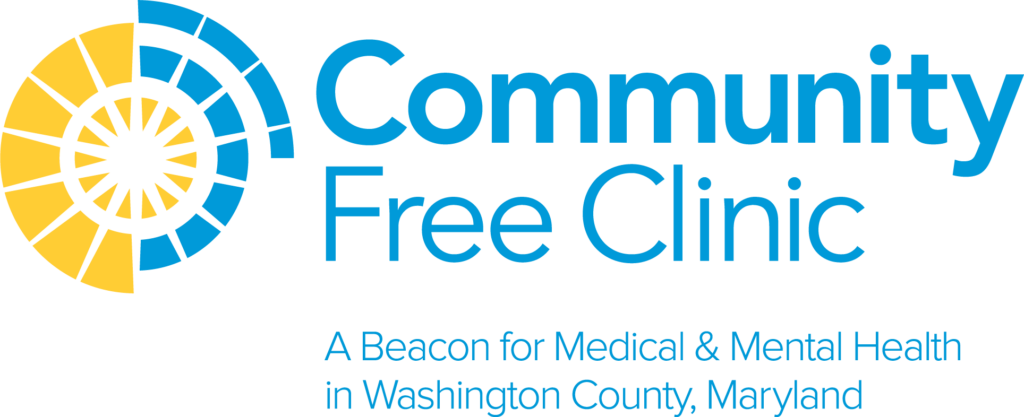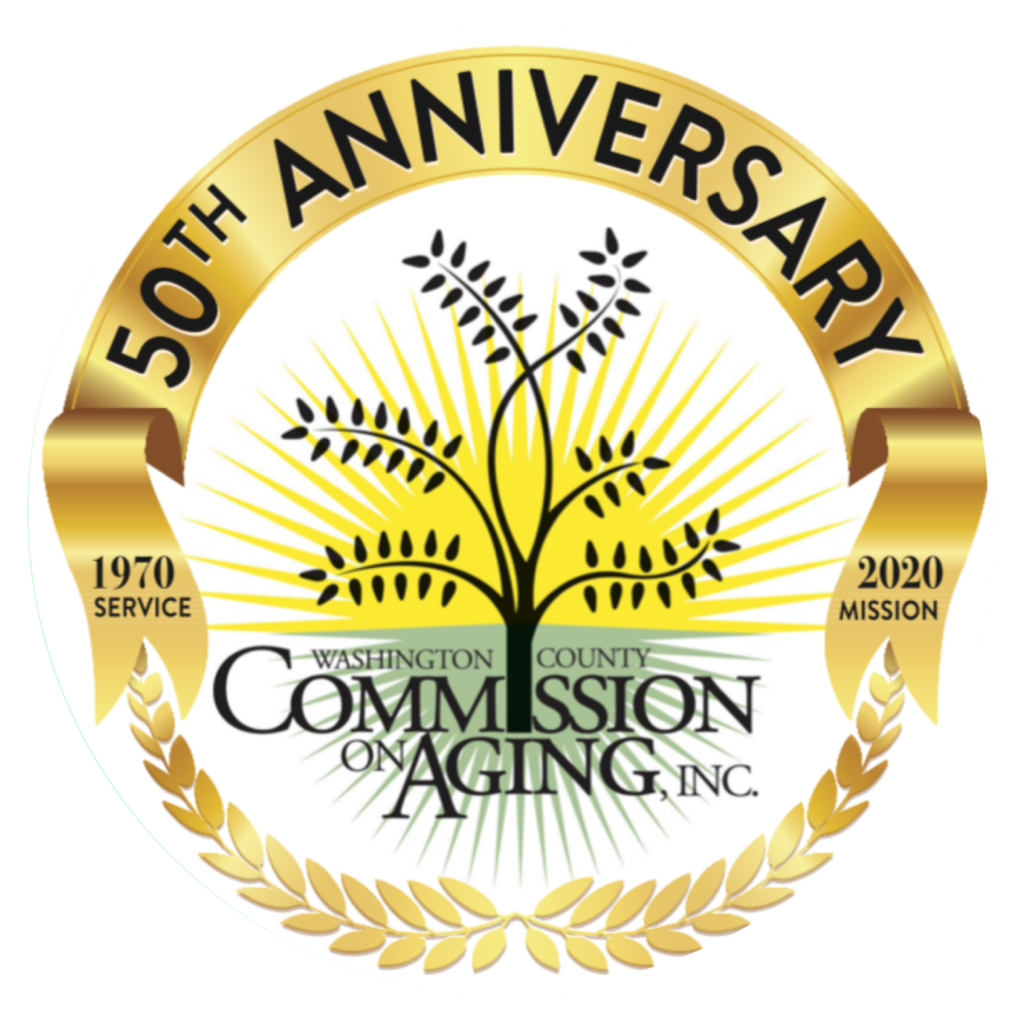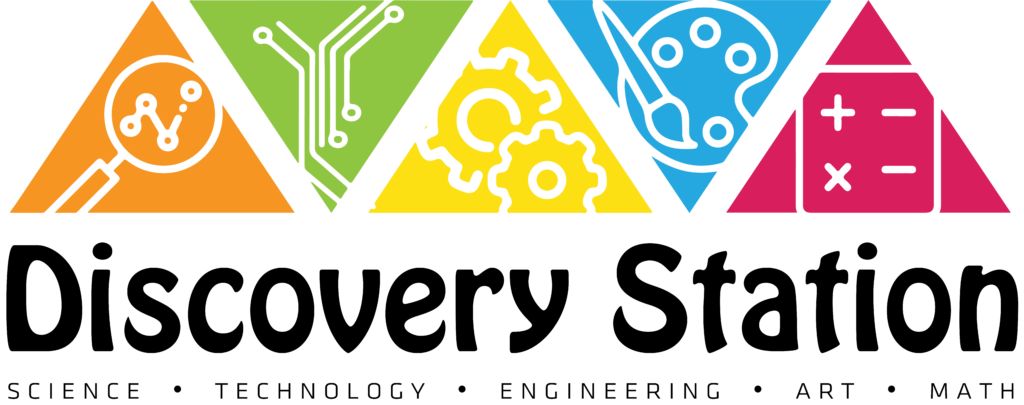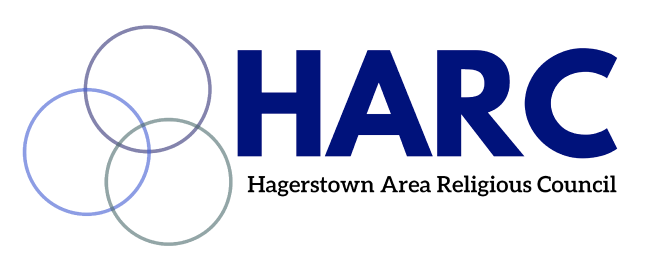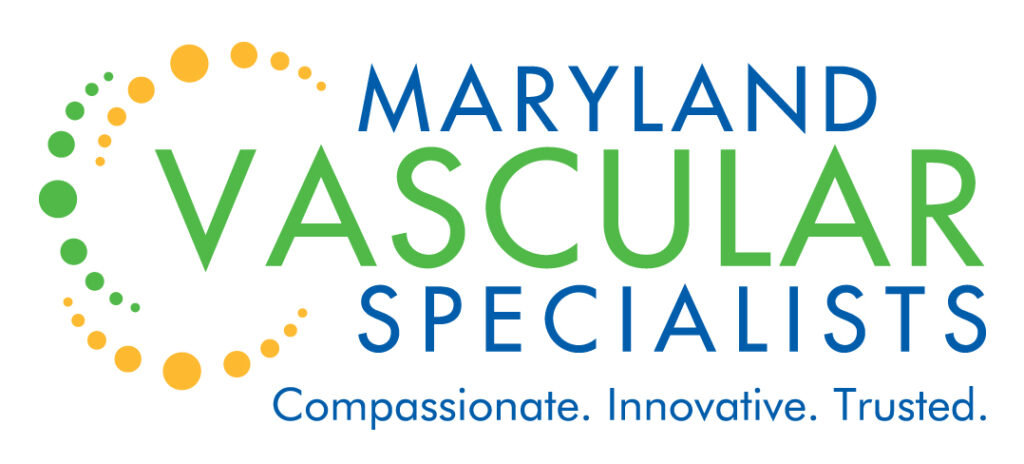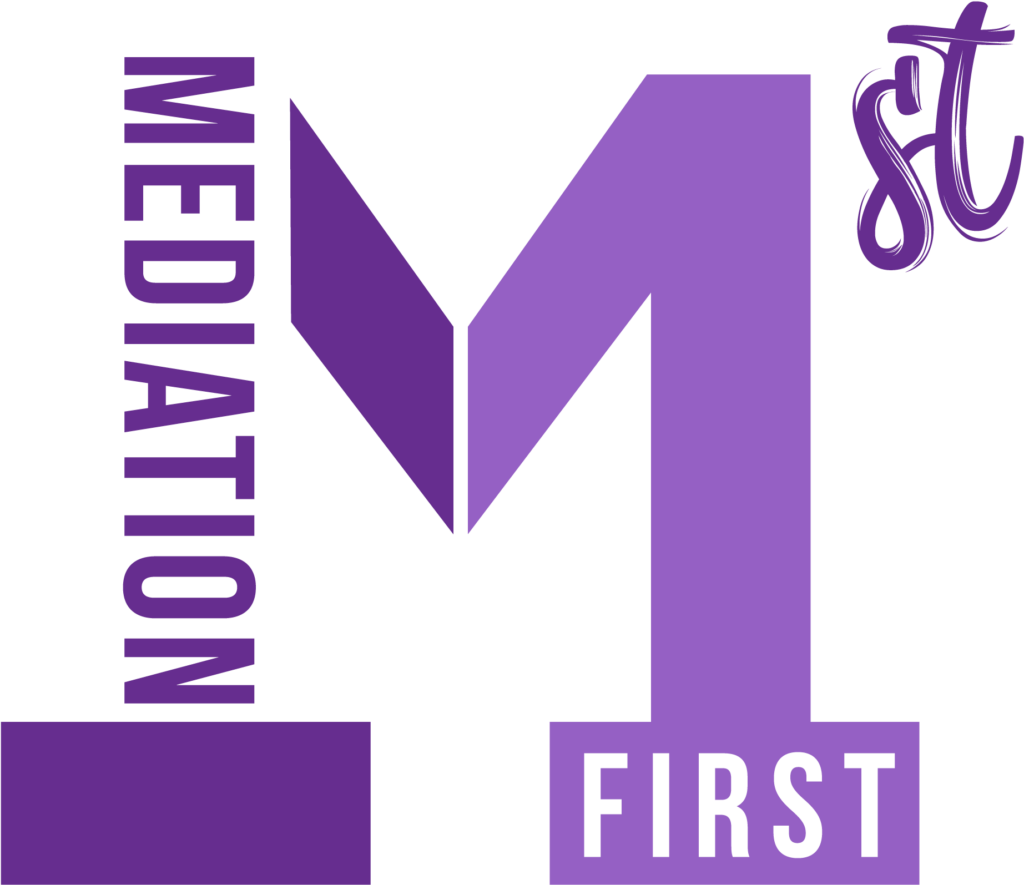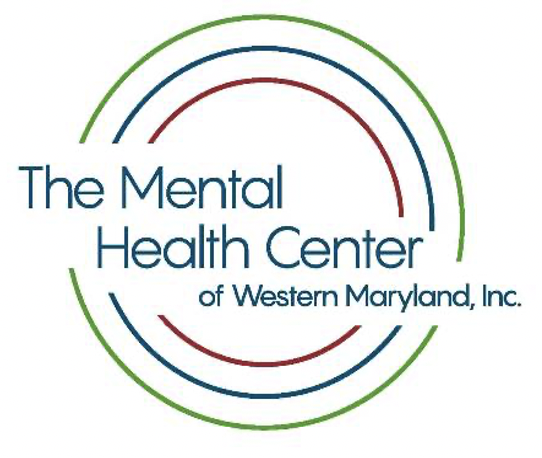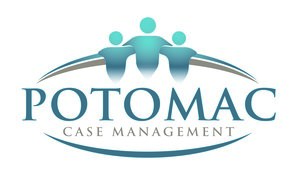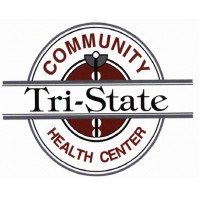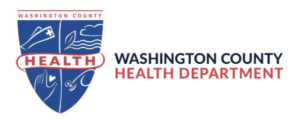Q U I C K R E S O U R C E S
- 2-1-1 GET HELP NOW
- Alcohol & Substance Abuse
Increased stress can lead to increases in alcohol and substance use. If you or someone you care about is starting to use alcohol or other substances, or is increasing their use during the COVID-19 pandemic, here are a few suggestions that may help:
- Contact your healthcare provider.
- Locate virtual treatment and recovery programs.
- Medication-assisted treatment for alcohol or opioid use disorders may be an option.
- Take medicine as prescribed and continue your therapy, treatment, or support appointments (in person or through telehealth services) when possible.
- Call the National Drug and Alcohol Treatment Referral Routing Service (1-800-662-HELP) to speak with someone about an alcohol or substance use problem.
- Coping with Anxiety & Stress
The coronavirus disease 2019 (COVID-19) pandemic may be stressful for people. Fear and anxiety about a new disease and what could happen can be overwhelming and cause strong emotions in adults and children. Public health actions, such as social distancing, can make people feel isolated and lonely and can increase stress and anxiety. However, these actions are necessary to reduce the spread of COVID-19. Coping with stress in a healthy way will make you, the people you care about, and your community stronger.
- HEALTHY WAYS TO COPE WITH STRESS
- Know what to do if you are sick and are concerned about COVID-19. Contact a health professional before you start any self-treatment for COVID-19.
- Know where and how to get treatment and other support services and resources, including counseling or therapy (in person or through telehealth services).
- Take care of your emotional health. Taking care of your emotional health will help you think clearly and react to the urgent needs to protect yourself and your family.
- Take breaks from watching, reading, or listening to news stories, including those on social media. Hearing about the pandemic repeatedly can be upsetting.
- Take care of your body.
- Take deep breaths, stretch, or meditate
- Try to eat healthy, well-balanced meals
- Exercise regularly
- Get plenty of sleep
- Avoid excessive alcohol and drug use.
- Make time to unwind. Try to do some other activities you enjoy.
- Connect with others. Talk with people you trust about your concerns and how you are feeling.
- Connect with your community- or faith-based organizations. While social distancing measures are in place, consider connecting online, through social media, or by phone or mail.
- Depression & Suicidal Thoughts
Contact the National Suicide Prevention Lifeline
- Call 1-800-273-TALK (1-800-273-8255)
- Use the online Lifeline Crisis Chat.
Both are free and confidential. You’ll be connected to a skilled, trained counselor in your area.
For more information, visit the National Suicide Prevention Lifeline.
Suicide is a serious and preventable public health problem that can have lasting harmful effects on individuals, families, and communities. While the causes of suicide vary, suicide prevention strategies share two goals: to reduce factors that increase risk and to increase factors that promote resilience or coping. Prevention requires a comprehensive approach that occurs at all levels of society—from the individual, family, and community levels to the broader social environment. Effective prevention strategies are needed to promote awareness of suicide, while also promoting prevention, resilience, and a commitment to social change.
CDC’s Preventing Suicide: A Technical Package of Policies, Programs, and Practices pdf icon[6 MB, 62 Pages, 508] highlights strategies based on the best available evidence to help states and communities prevent suicide. The strategies and their corresponding approaches are listed in the table below.
(Source: CDC – https://www.cdc.gov/violenceprevention/suicide/resources.html)
